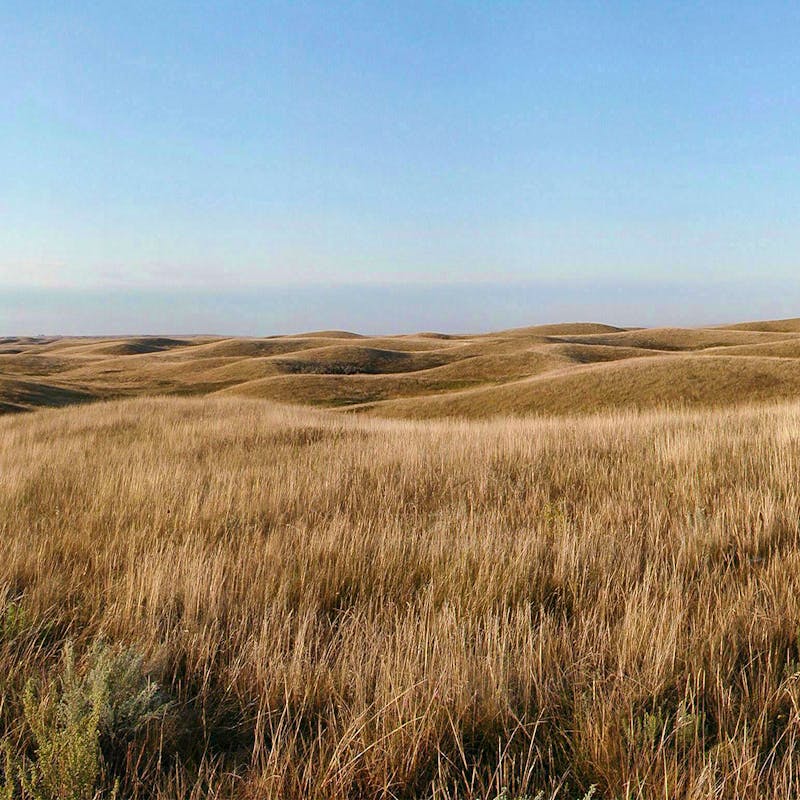Today the U.S. Forest Service made public their proposal to amend the Thunder Basin National Grassland management plan to strip protections for prairie dogs and the habitat they create for numerous species. Without these protections, prairie dogs will be subject to widespread poisoning and shooting on almost the entire National Grassland, negatively affecting associated species like mountain plovers, burrowing owls, ferruginous hawks and swift fox. This proposal also would eliminate almost any chance of successful recovery of a self-sustaining population of the endangered black-footed ferret.
Jonathan Proctor, Rockies & Plains program director for Defenders of Wildlife, issued this statement:
“With this anti-wildlife proposal, the Forest Service is now the greatest threat to the wildlife of Thunder Basin National Grassland. Under the Forest Service’s proposal, almost all prairie dogs in Thunder Basin will be subject to widespread poisoning and shooting, even in the only area where they are currently protected. This threatens the viability of dozens of wildlife species that rely on prairie dog habitat and abandons the hope for recovery of the endangered black-footed ferret. The Forest Service’s plan violates the trust that the public has placed in this agency to appropriately manage our shared public lands.”
Background:
- The proposed action includes removing the entire prairie dog conservation strategy, deleting the “3.63” management area designated specifically for future endangered black-footed ferret reintroduction, and eliminating the science-based goal of protecting a minimum of 18,000 acres of prairie dog colonies from poisoning and shooting.
- Removal of the prairie dog strategy means more prairie dogs can be poisoned and shot at the expense of native species that rely on prairie dogs for survival.
- The U.S. Fish and Wildlife Service (FWS) has identified Thunder Basin as an important site for black-footed ferret recovery—possibly the best existing site across the ferret’s range by FWS’s own description. Without eventual reintroduction on Thunder Basin, the black-footed ferret is significantly less likely to be recovered or removed from the Endangered Species List.
- The “3.63” area designated for ferret recovery (approximately 50,000 acres) represents less than 10 percent of the national grassland; the management goal of 18,000 acres of prairie dog colonies within that area represents 3.3 percent of the national grassland. This modest conservation goal is being removed to appease livestock permittees who graze these public lands.
- The native wildlife that depend on prairie dog habitat include mountain plovers, ferruginous hawks, burrowing owls, swift foxes and the endangered black-footed ferret.
- More than 95 percent of black-tailed prairie dogs have been lost across their historic range.
- Defenders has participated in multiple stakeholder meetings on prairie dog conservation at Thunder Basin. Those meeting identified areas of general agreement, but this proposed action does not reflect these areas of agreement. Rather, it takes an extreme view from one side of the conversations. Defenders remains committed to continuing to collaborate in on-the-ground projects and discussions that benefit all sides in this issue.
For over 75 years, Defenders of Wildlife has remained dedicated to protecting all native animals and plants in their natural communities. With a nationwide network of nearly 2.1 million members and supporters, Defenders of Wildlife is a leading advocate for innovative solutions to safeguard our wildlife for generations to come. To learn more, please visit https://defenders.org/newsroom or follow us on X @Defenders.
Media Contact
News

Study Led by Defenders of Wildlife Scientist Shows Noise Pollution Impacts on Migratory Birds



